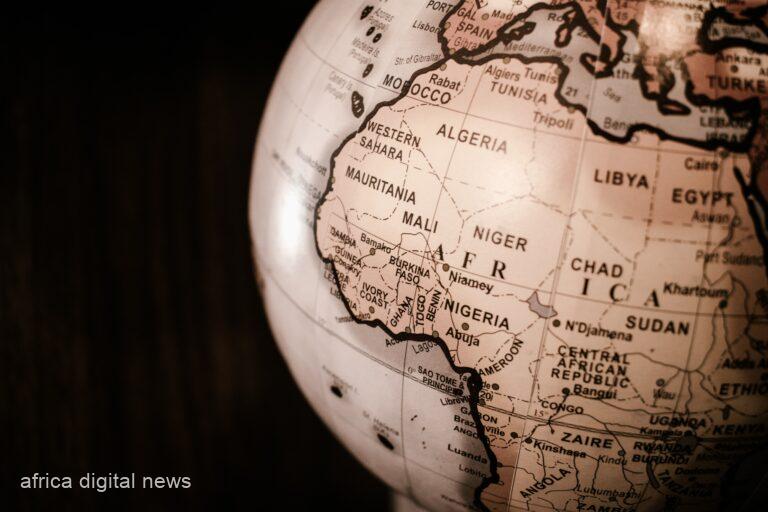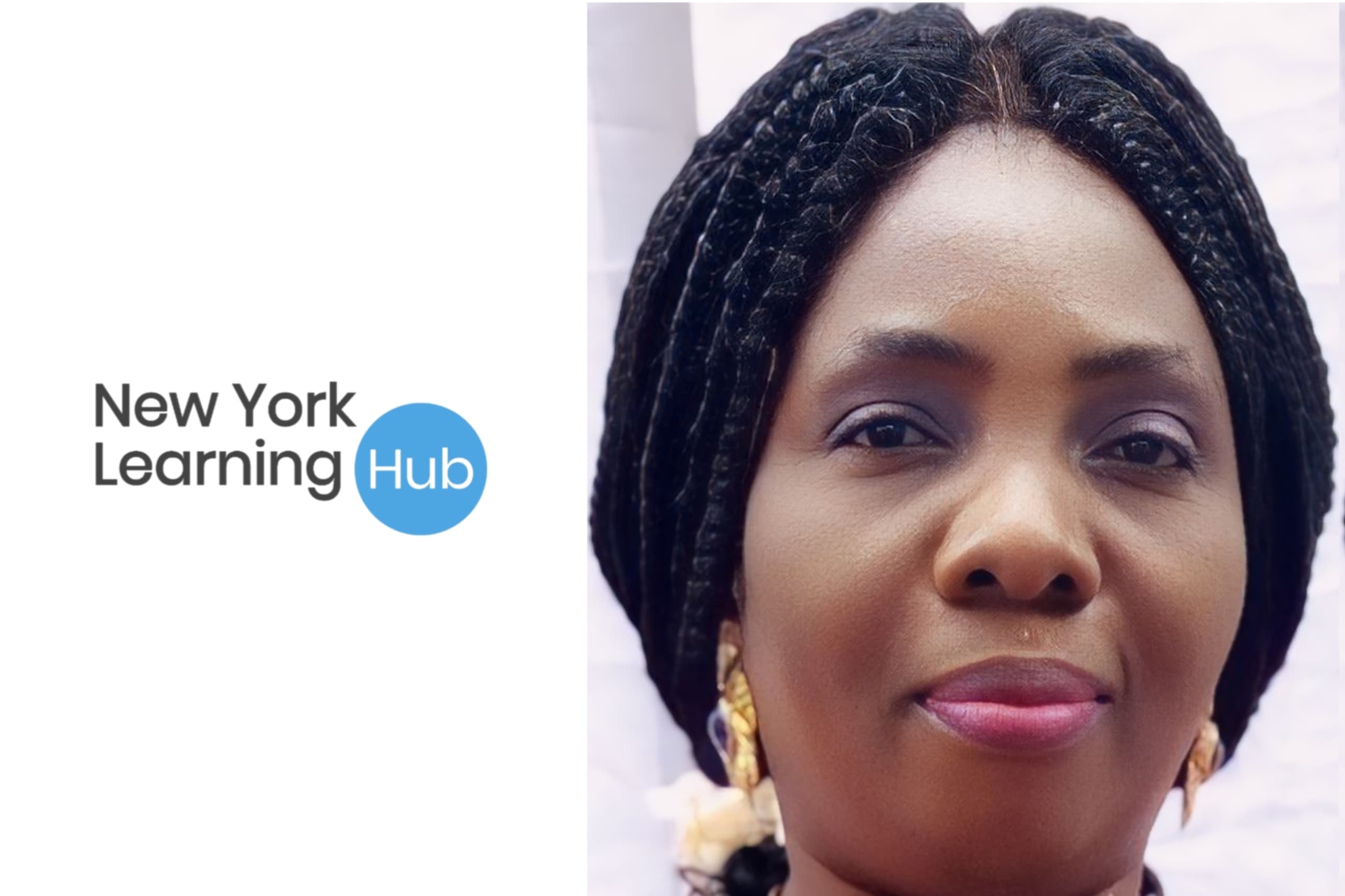Africa, often hailed as the cradle of civilisation, is a continent that brims with a rich tapestry of cultural diversity and historical profundity. Encompassing 54 countries, it is a vibrant mosaic of ethnicities, languages, and traditions, offering a unique and compelling panorama of the human experience. This cultural richness is strikingly evident in the over 2,000 distinct languages spoken across the continent, each language serving as a vessel for the unique perspectives and rich histories of its people.
The continent’s diversity extends into the realms of art and music, where each region showcases its distinct cultural flavor. In West Africa, the air resonates with the rhythmic beats of traditional drums, weaving stories through their pulsating rhythms. In contrast, the soulful melodies of the North African Oud encapsulate the essence of the region’s rich musical heritage. This diversity is a testament to the continent’s sprawling cultural landscape, which has been shaped by centuries of history, migration, and exchange.
African cuisine, though less known on the global stage, is an equally significant aspect of the continent’s cultural wealth. It offers a veritable cornucopia of flavors and ingredients, each dish reflecting the history, geography, and soul of its region. From the spice-laden tagines of Morocco, fragrant with the scents of cumin and saffron, to the hearty, comforting stews of West Africa, brimming with yams and plantains, African cuisine is as diverse as the continent itself.
Historically, Africa stands as a monumental repository of human history. It is the very ground where the earliest hominids embarked on the journey of evolution, walking upright and marking the beginning of a story that would span millions of years. Ancient civilisations, most notably that of Egypt, rose on this fertile land, bequeathing to the world architectural and scholarly wonders that continue to awe and inspire. The pyramids, the Sphinx, and the intricate hieroglyphs are but a few examples of this rich historical legacy.
Yet, the history of Africa is also a narrative of resilience and endurance. The continent has faced numerous trials, from the harrowing transatlantic slave trade to the era of colonization, which saw its political and social fabric irreversibly altered. These events have left indelible marks on the continent, shaping the modern identity of Africa and its people. The resilience displayed by Africans during these trying times is a profound testament to the enduring spirit of the continent.
Read Also: China-Africa Ties: Economic Bonds And Political Effects
The cultural and historical tapestry of Africa is not merely a backdrop to the continent’s present; it is a dynamic, living legacy that continues to shape and enrich the lives of its people. As we turn the pages of Africa’s history, we uncover a story that is rich, complex, and deeply human, offering insights not only into the continent’s past but also into the collective story of humanity itself. Africa, with its myriad languages, rich artistic traditions, diverse cuisine, and profound historical narratives, stands proudly as a testament to the indomitable human spirit.
Africa’s Economic Aspirations and Environmental Richness
In the realm of global economics and politics, Africa has been writing a story of transformation and growth. Over the past few decades, the continent has seen a significant shift, with many of its nations emerging as some of the world’s fastest-growing economies. This economic resurgence is being propelled by a combination of factors: a young and rapidly growing population, widespread urbanization, and a leapfrogging into the digital era.
Countries like Nigeria, with its booming tech industry and entrepreneurial spirit, Kenya, a pioneer in mobile money and financial technology, and South Africa, with its robust mining and manufacturing sectors, are at the forefront of this economic renaissance. These nations are not only incubating homegrown innovation but are also attracting international investment. For instance, Nigeria’s GDP growth averaged around 1.9% in 2018, according to the World Bank, while Kenya’s economy, as reported by the Kenyan National Bureau of Statistics, expanded by 5.7% in 2019.
On the political front, there is a discernible shift towards self-determination and democratic governance. The African Union (AU), a continental body comprising 55 member states, plays a crucial role in this transition. It promotes political and economic integration and envisions an Africa where peace and prosperity prevail. The AU’s Agenda 2063, a strategic framework for the socio-economic transformation of the continent, is a testament to this vision. It focuses on fostering inclusive growth, sustainable development, and a united Africa.
Parallel to its economic and political strides, Africa is a treasure trove of environmental diversity and natural beauty. It is the custodian of some of the world’s most extraordinary wildlife and ecosystems. The Serengeti in Tanzania, known for its vast plains and the annual migration of over two million wildebeest, zebras, and gazelles, is a spectacle of nature’s grandeur. The Congo Basin, spanning across six countries, is the second-largest tropical rainforest in the world, a vital carbon sink and a bastion of biodiversity.
However, this environmental wealth is under threat. Climate change poses a significant risk, with impacts ranging from increased droughts to more frequent and severe storms. Deforestation is another major concern, particularly in the Congo Basin, where the rainforest is being depleted at alarming rates. Wildlife poaching, driven by illegal trade, continues to endanger species like elephants and rhinos. In response to these challenges, there are concerted efforts to prioritize sustainable development and conservation. Initiatives like the Great Green Wall, an African-led movement to grow an 8,000 km natural wonder across the entire width of the continent, are aimed at combating desertification and promoting biodiversity.
Africa’s journey towards economic growth and self-reliance, coupled with its commitment to preserving its rich environmental heritage, is a narrative of resilience and hope. As the continent tackles its challenges and harnesses its potential, it stands on the brink of a new era of prosperity and sustainability. The world watches with anticipation as Africa charts its course towards a future where its economic aspirations and environmental riches are in harmony, shaping a better world for generations to come.
The Rising African Narrative and Global Influence
Africa’s journey into the 21st century is marked by a dramatic transformation, reshaping perceptions, and establishing the continent as a key player on the global stage. Gone are the days when Africa’s narrative was solely defined by its challenges. Today, it stands as a beacon of diversity, innovation, and cultural richness, poised to influence the world in unprecedented ways.
The cultural exports of Africa are making impressive inroads on the global scene. African music, with artistes like Nigeria’s Burna Boy and South Africa’s Sho Madjozi, is not just topping charts but also reshaping the global music landscape with Afrobeat and other indigenous genres. The film industry, too, has seen a surge, with Nigeria’s Nollywood being the second-largest film producer in the world, according to UNESCO. African literature is gaining worldwide acclaim, with authors like Chimamanda Ngozi Adichie and Ngũgĩ wa Thiong’o being celebrated for their compelling narratives that weave the African experience into the global tapestry.
On the technological front, Africa is making significant strides. Kenya’s M-Pesa, a mobile banking service, has revolutionised financial transactions, not just in Africa but globally, serving as a model for similar systems worldwide. In Rwanda, the use of drones for delivering medical supplies is an example of how African nations are leveraging technology to address local challenges.
Africa’s role in the realm of sustainable development and renewable energy is particularly noteworthy. The continent’s vast solar energy potential, particularly in the Sahara, is an untapped resource of immense proportions. Projects like the Desert to Power Initiative, aiming to develop solar power across the Sahel region, are set to transform the energy landscape of not just Africa but potentially the world. According to the African Development Bank, this project aims to provide electricity to 250 million people and generate up to 10 gigawatts of solar power by 2030.
Furthermore, Africa’s youth population, which the United Nations projects will double to over 830 million by 2050, represents an enormous potential for growth and innovation. This demographic dividend, if harnessed through education and employment opportunities, can propel the continent to new economic heights.
In conclusion, the narrative of Africa is evolving from one of adversity to one of opportunity, innovation, and influence. The continent is increasingly becoming a hub for creativity, technological advancement, and sustainable development. As Africa continues to confront its challenges and leverage its diverse strengths, it does so with a resilience and vibrancy that holds lessons for the world. The future of Africa, rich in cultural heritage and brimming with potential, is a story of hope and promise, beckoning the global community to engage with and appreciate the true essence of this dynamic continent.










